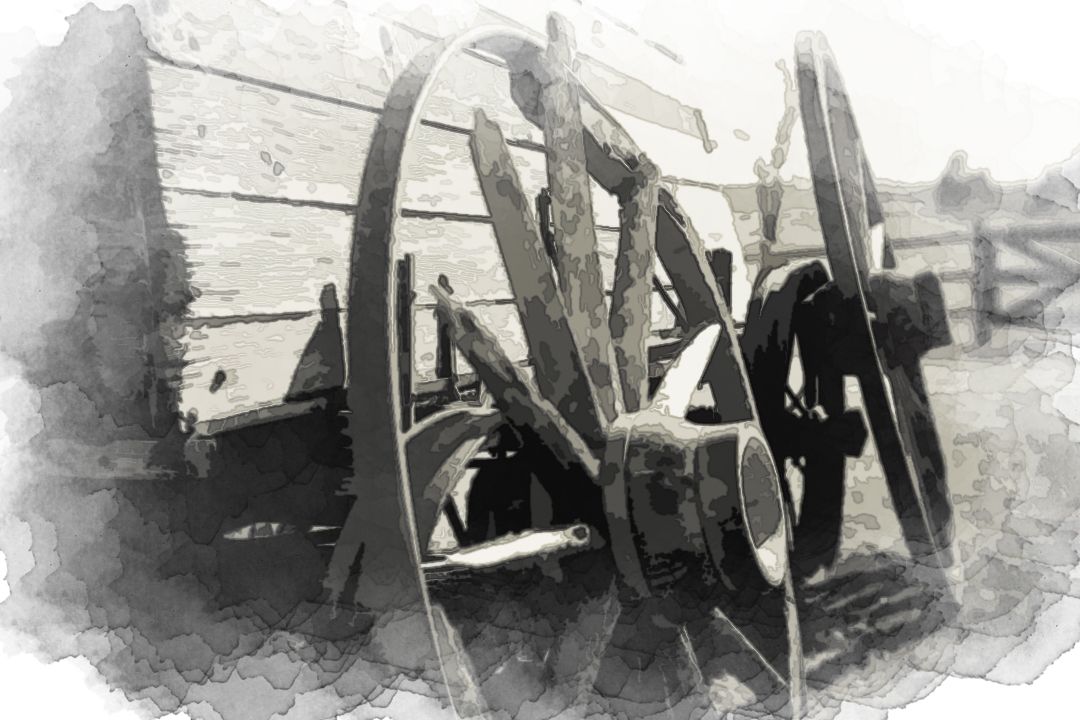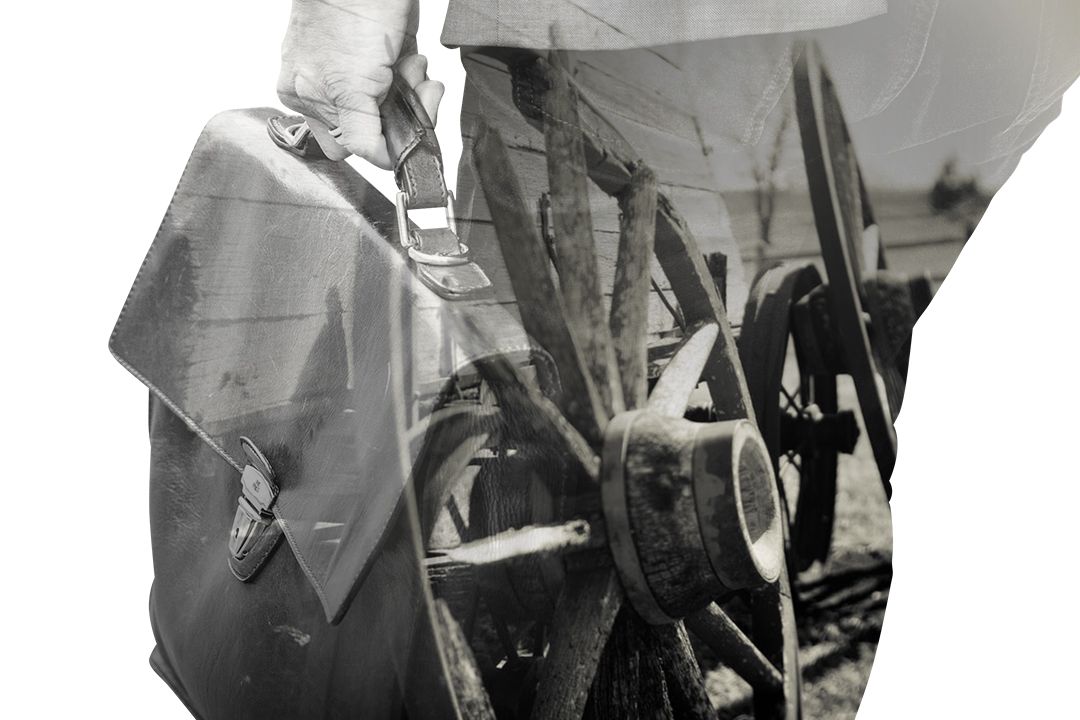Restful Rotations

There is no why. Only Do!
In the heart of a timeless landscape, where the horizon kissed the sky in a seamless embrace, stood an ancient wooden wagon, its large spoked wheels silent and still. It was here, in this place of endless cycles, that the tale of Elias unfolded—a story not of words but of actions, of relentless pursuit and the wisdom found in the pauses between.
"There is no why. Only Do!"
This mantra had echoed through Elias's mind from the moment he awoke each day, to the instant he surrendered to sleep's embrace. It was a philosophy inherited from generations who had tilled the soil, who understood that the land did not yield to the whims of those who questioned but to those who acted. Elias, with hands as weathered as the wagon beside which he stood, was no exception. He believed in the doing, in the turning of the soil, the planting of seeds, and the endless rotation of crops that marked the passage of time.
Yet, this tale is not solely of labor but of understanding the intrinsic value found in the silent witness of the wagon and its wheels—a symbol of movement and progress, yet immovable in its current state. It was a reminder that in the cycle of doing, there was also a need for stillness.
Take rest; a field that has rested gives a bountiful crop.
— Ovid (43 BC - 18 AD)
Elias came to realize the wisdom of these words, spoken by the ancient poet Ovid, in a moment of serendipity. It was during a particularly grueling season, where the sun seemed to forge an unbreakable alliance with the drought, that Elias pushed himself and his land to the brink. The yields diminished, the soil cried for respite, and Elias, in his pursuit of doing, found himself standing before the wagon, breathless and beaten.
In this moment of exhaustion, the wisdom of rest revealed itself. He understood that the land, much like the wagon, required a pause in its rotation—a time to recover and rebuild its strength. Elias decided to let the fields lie fallow, embracing the stillness that he had fought so hard against.
The seasons that followed were a testament to the wisdom of balance between action and rest. The fields, once tired and unyielding, awakened with a vigor that surprised even Elias. The crops were bountiful, and the land thrived in a way it had not for generations. It was a reminder that in the cycle of doing, the act of not doing held equal importance.
This tale of Elias and his wagon, set against the backdrop of an ancient landscape, weaves together the essence of action without question and the wisdom of rest. It serves as a reminder that in the pursuit of any endeavor, there is a time for doing and a time for pausing—a Möbius strip of existence where end meets beginning, and action meets rest. The wagon, with its immobile wheels, stands as a monument to this balance, a symbol of the journey that does not question but accepts the necessity of both motion and stillness in the cultivation of a fruitful life.

The planksip Writers' Cooperative is proud to sponsor an exciting article rewriting competition where you can win part of over $750,000 in available prize money.
Figures of Speech Collection Personified
Our editorial instructions for your contest submission are simple: incorporate the quotes and imagery from the above article into your submission.
What emerges is entirely up to you!
Winners receive $500 per winning entry multiplied by the article's featured quotes. Our largest prize is $8,000 for rewriting the following article;

At planksip, we believe in changing the way people engage—at least, that's the Idea (ἰδέα). By becoming a member of our thought-provoking community, you'll have the chance to win incredible prizes and access our extensive network of media outlets, which will amplify your voice as a thought leader. Your membership truly matters!


